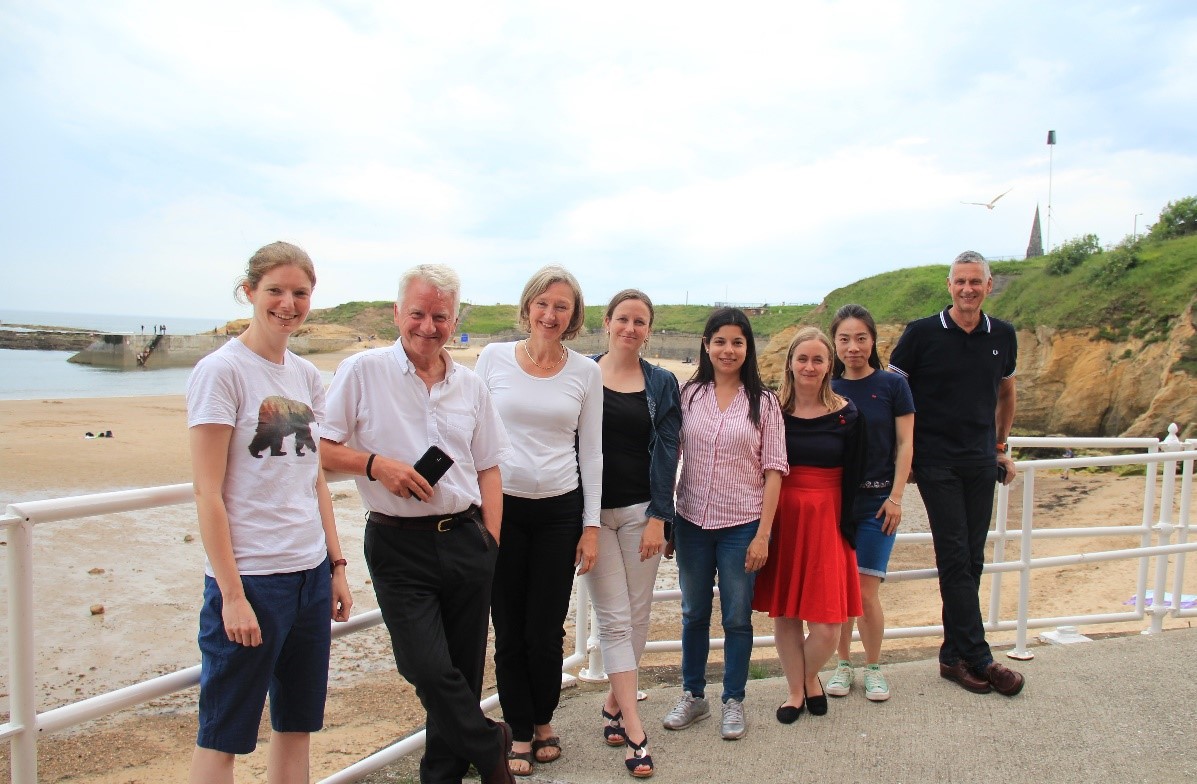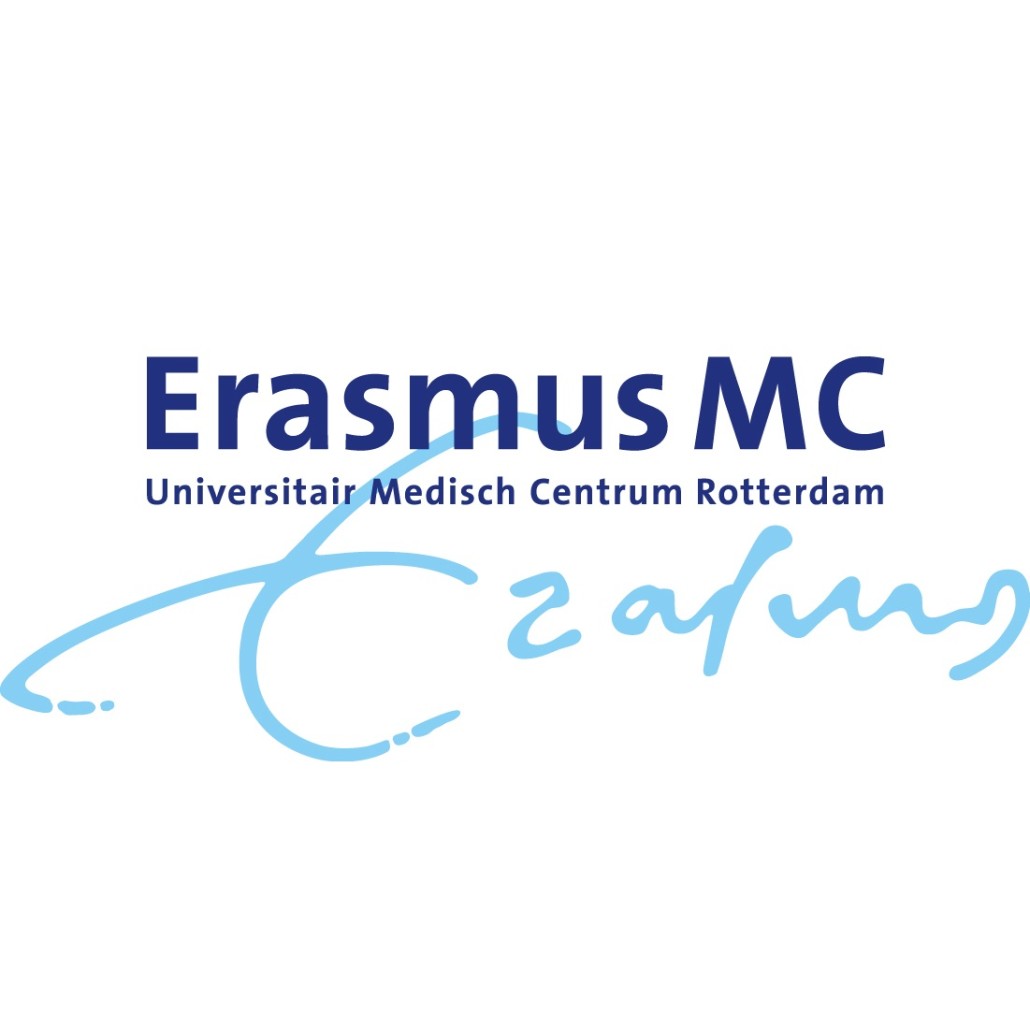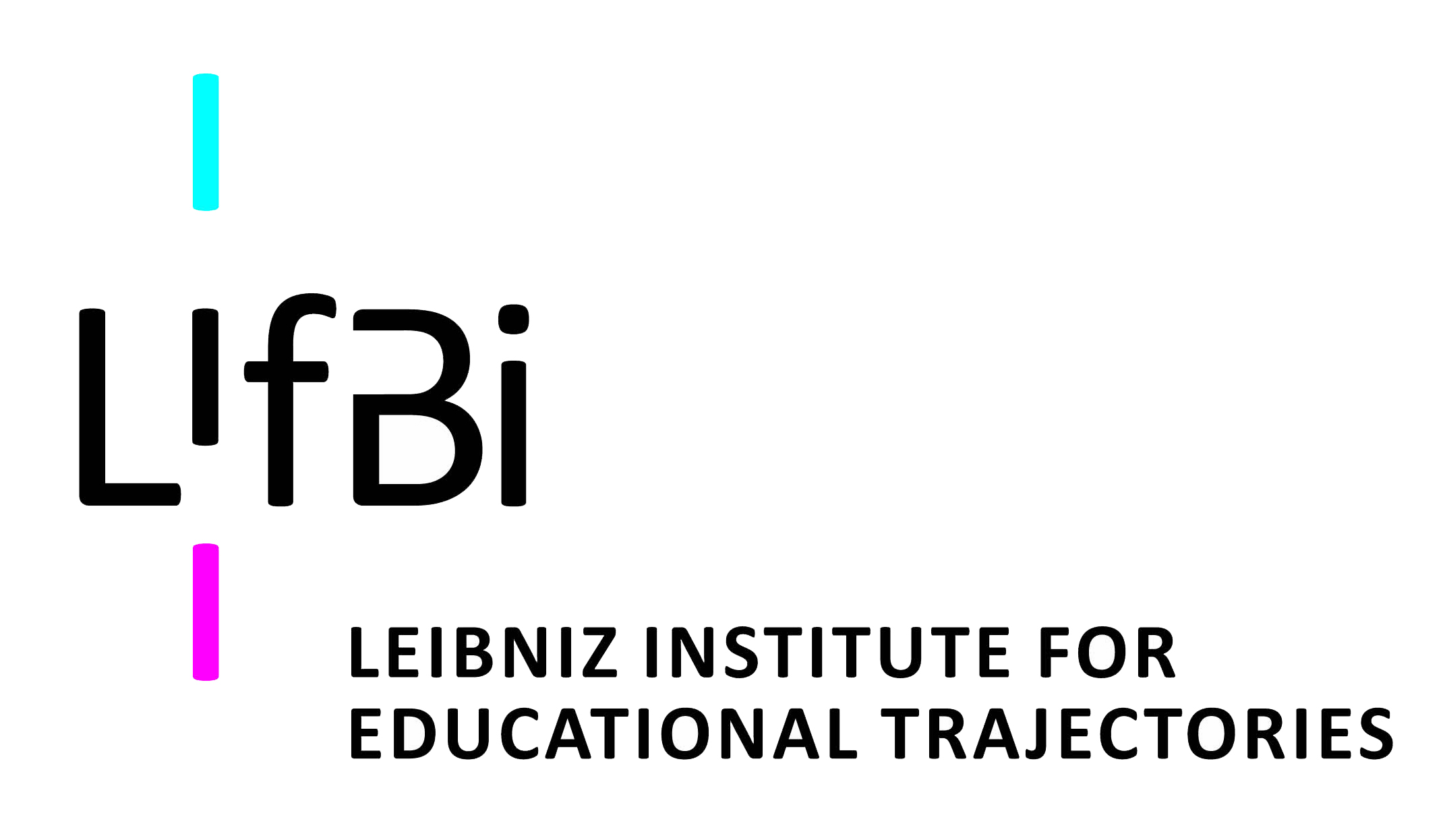News, Blogs & Events
SEED mid-point meeting
On the 25th and 26th of July 2019 we held our mid-point team meeting. The 25th turned out to be the hottest day of the year so far in the UK, and the second hottest on record[1], so it was fitting that our meeting was held by the seaside at Newcastle University’s Dove Marine Laboratory[2].

The warm weather unfortunately affected flights across Europe resulting in nearly half the team having to join the meeting virtually.
This is the fourth SEED team meeting since the project started in January 2018. The structure of these meetings tends to follow the same pattern. All team members come together for 2 days, presenting updates on the progress and findings of our strands of work, ideas for research questions we might pursue, and generally having lots of discussions around the work we’re engaged with, data in our cohorts, and research methodology.
An example of one of the current strands of research we discussed was work being done by Wei Huang, one of SEEDs PhD students supervised by senior members of the team based in Germany. Wei is investigating the influence of parenting on children behaviour, using structural equation modelling and data from the National Education Panel Study in Germany which includes measures of parental supportive behaviour, parental conflict, socio-economic measures, and child behaviour. Prior to the meeting Wei had spent a month in Newcastle working with the UK team to extend this work using the data available in the Millennium Cohort Study.
A lot of time during the team meetings is spent discussing and sharing ideas about the details of our datasets and the analyses we’re undertaking. Many of us have now worked on the SEED project and our subsequent datasets for over a year (or longer in some cases) so there is a more detailed understanding about some of the limitations of the data we’re working with for the SEED project but also potential opportunities. While we have managed to achieve data harmonisation on certain variables, for example classifying the parental education data in each cohort using the CASMIN[3] educational classification system, there are still a number of challenges, for example imputation and sample weighting methods, and we are looking to bring together some of this shared learning to make recommendations for future cohort studies.
Earlier this summer (June 2019) the DIAL[4] mid-term conference took place in Turku, Finland, and our SEED meeting was an opportunity for those of us who attended to reflect and share our experiences with the wider team. The conference gave researchers from the DIAL projects (and some external researchers) the opportunity to present findings and provide updates on the progress of projects[5]. In total four members of our team presented (Helen, Lisanne, Nathalie, and Wei), with our PI James Law being invited to be part of a panel discussion ‘Supporting families to break the cycle of disadvantage - Key questions for evidence-based policy and practice’.
Our SEED meeting wouldn’t be complete without looking ahead. At the halfway point in our project many of us are deep in data, analysis, and starting to generate outputs. The central part of research outputs is writing and publishing academic papers, but we also have the aim (it’s also a key aim of the wider DIAL programme) to engage with policymakers, practitioners, and a wider general audience. We want our work to have societal benefit, ideally by making improvements in childrens outcomes. While we’ve already had some successes (such as, engagement with the EU commission on early childhood education and care guidelines) we’re identifying some areas we want to target next and in areas that have been difficult to engage so far we’re thinking about new approaches in these areas.
As part of our looking ahead and outputs, later this year in September 2019 a group of us will be presenting as part of a symposium titled ‘Mechanisms Underpinning Child Development’ at the SLLS conference[6], and in January 2020 we will be hosting a DIAL education meeting in Newcastle (unfortunately we can’t guarantee the same level of sunshine in January).

Last modified: Wed, 16 Oct 2019 11:28:09 BST





